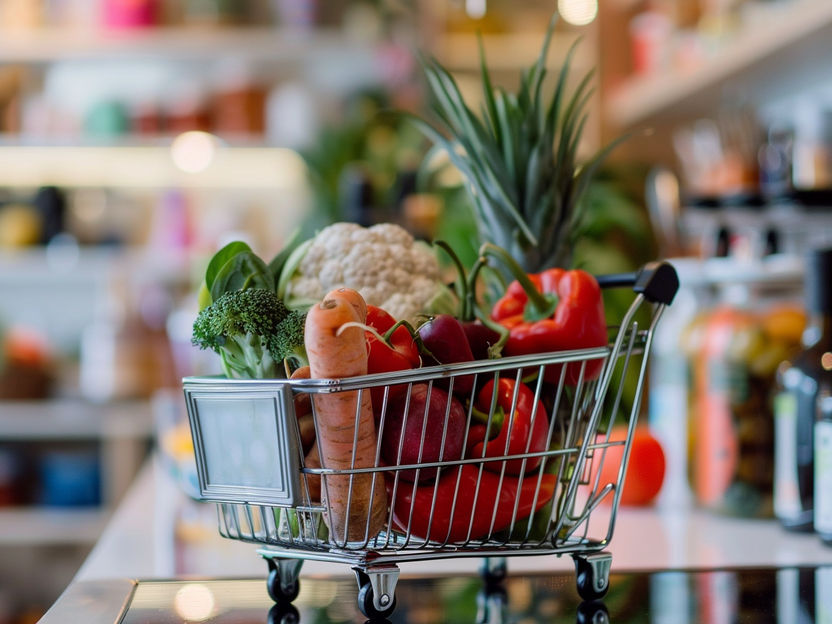2021 grant for new findings on FODMAPs
2022 Grant Award to Dr. Lilit Ispiryan
Advertisement
The 2022 Scientific Award of the Association of German Industrial Bakeries goes to food chemist Dr. Lilit Ispiryan for her doctoral thesis on FODMAPS. The dissertation was written under the supervision of Prof. Elke Arendt at the University of Cork in Ireland.
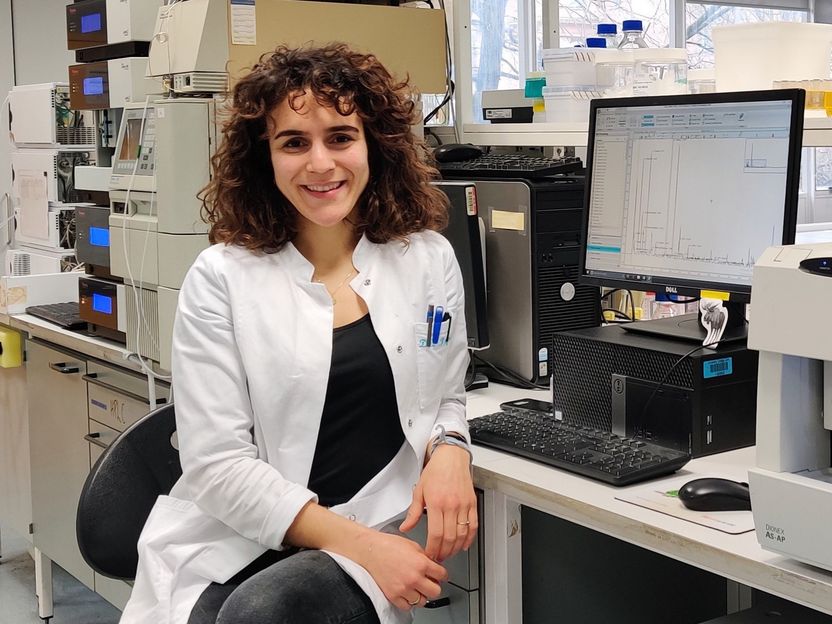
Received the scientific sponsorship award from the Association of German Industrial Bakeries for her work on FODMAPs: Dr. Lilit Ispiryan, University of Cork, Ireland.
Verband Deutscher Großbäckereien e.V.
In his laudatory speech, Armin Juncker, the association's chief executive, emphasized that FODMAPS are an intensively discussed topic in research and that the award-winning work provides important impetus and insights for the further treatment of this topic. Ispiryan, he said, has developed a modern analytical method for quantifying FODMAPs in various grain-based foods that could serve as a precise and efficient standard method in analytical laboratories. In addition, her dissertation made a significant contribution to the current data with the presentation of FODMAP levels in different flours and fractions used for the production of grain-based foods. Furthermore, it was shown that malting is an efficient method to selectively modify FODMAP contents depending on the raw material. Finally, by using an alternative for baker's yeast, it was possible to significantly reduce FODMAP levels in whole wheat bread without loss of quality.
With this dissertation, Juncker said, "an important foundation stone has been laid for the path to FODMAP-reduced baked goods." He added that the quality of the work is also supported by the fact that most of the dissertation has already been published or accepted for publication in top-tier food-related journals.
The prize was awarded virtually in January 2022 during the 51st Scientific Information Conference of the Berlin-Brandenburg Society for Cereal Research e.V. in Berlin. The award will be presented at a later date.
Note: This article has been translated using a computer system without human intervention. LUMITOS offers these automatic translations to present a wider range of current news. Since this article has been translated with automatic translation, it is possible that it contains errors in vocabulary, syntax or grammar. The original article in German can be found here.
Most read news
Organizations
Other news from the department business & finance

Get the food & beverage industry in your inbox
By submitting this form you agree that LUMITOS AG will send you the newsletter(s) selected above by email. Your data will not be passed on to third parties. Your data will be stored and processed in accordance with our data protection regulations. LUMITOS may contact you by email for the purpose of advertising or market and opinion surveys. You can revoke your consent at any time without giving reasons to LUMITOS AG, Ernst-Augustin-Str. 2, 12489 Berlin, Germany or by e-mail at revoke@lumitos.com with effect for the future. In addition, each email contains a link to unsubscribe from the corresponding newsletter.
Most read news
More news from our other portals
Last viewed contents
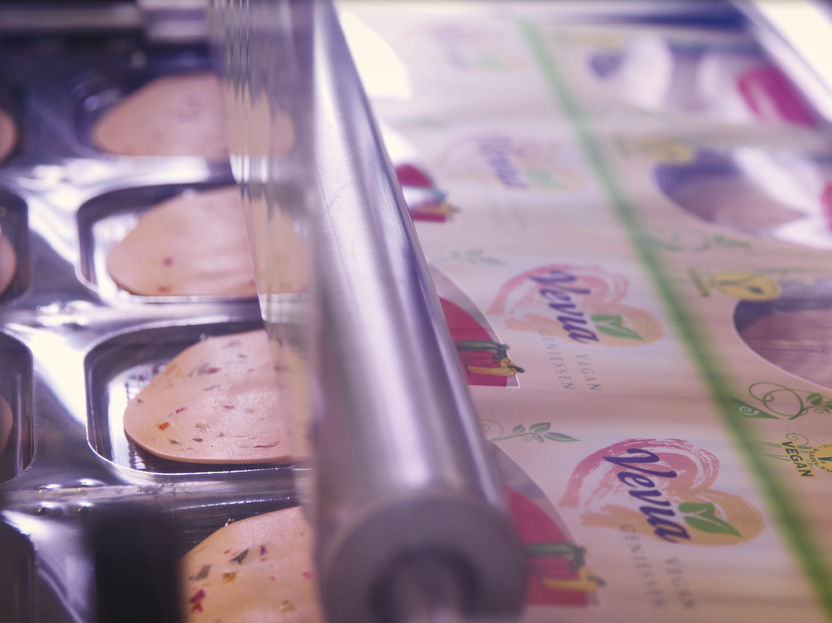
Tönnies expands in the veggie market
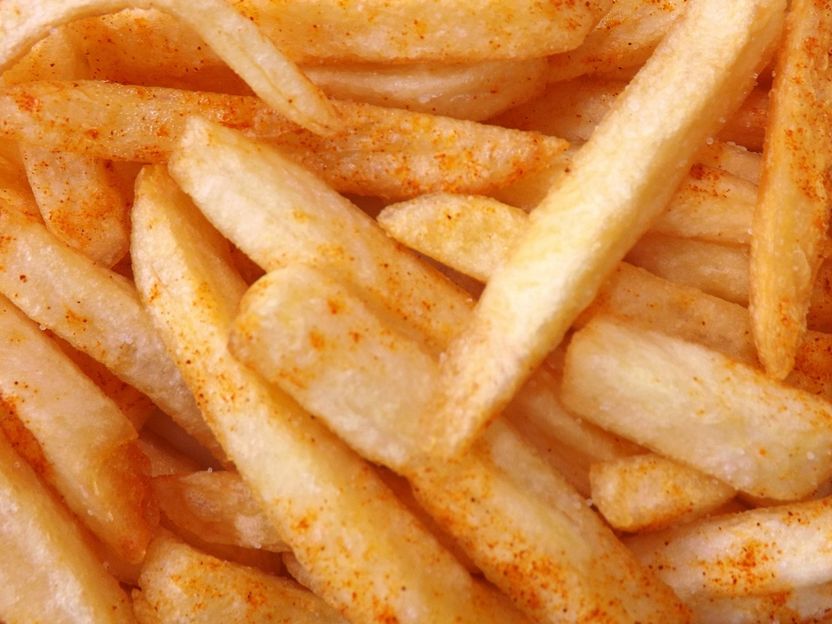
McCain to expand local production network in China
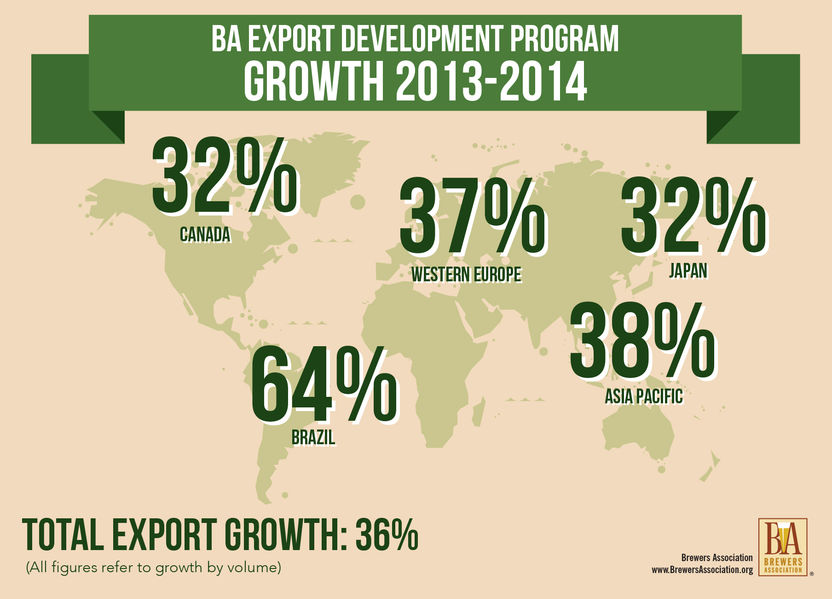
Us craft beer exports near 100-million
Biodegradable microsensors for food monitoring
Further growth in Japanese interest in organic products
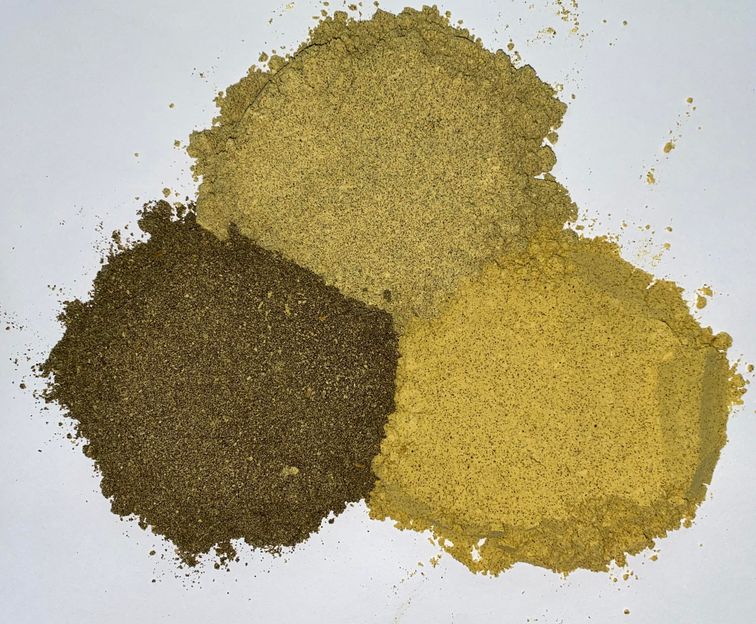
Electrostatic separation technology enables protein enrichment of oilseed meals - Sustainable byproducts from agriculture

From San Francisco to Stuttgart - DoorDash delivers in Europe
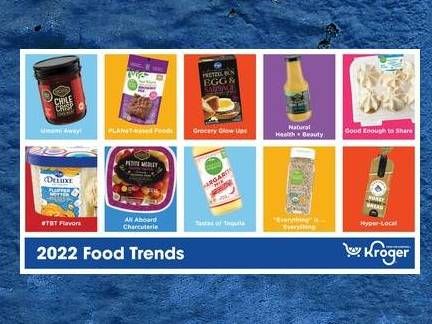
Kroger Announces 10 Food Trend Predictions for 2022
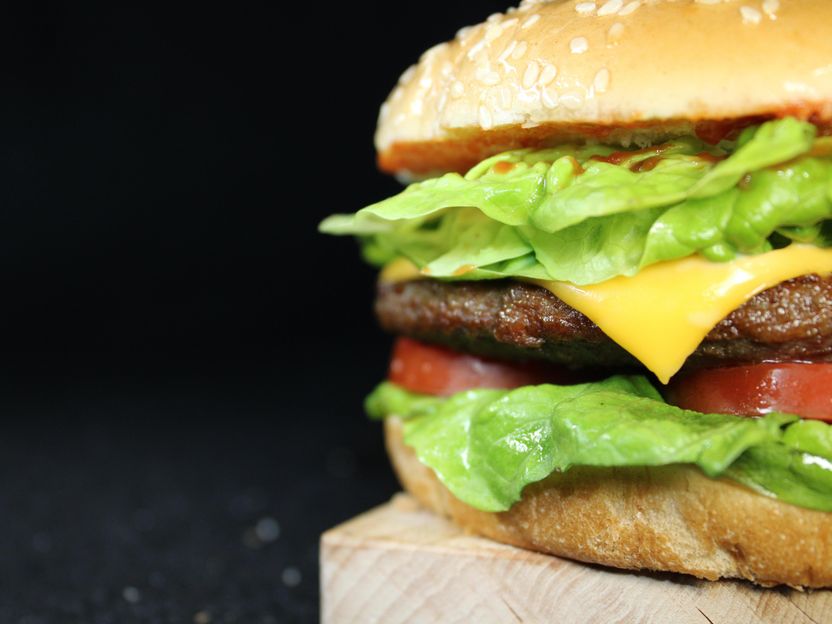
Burger King wants to become a vegetarian pioneer
